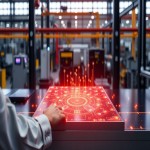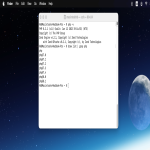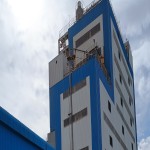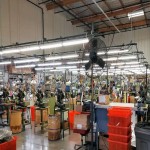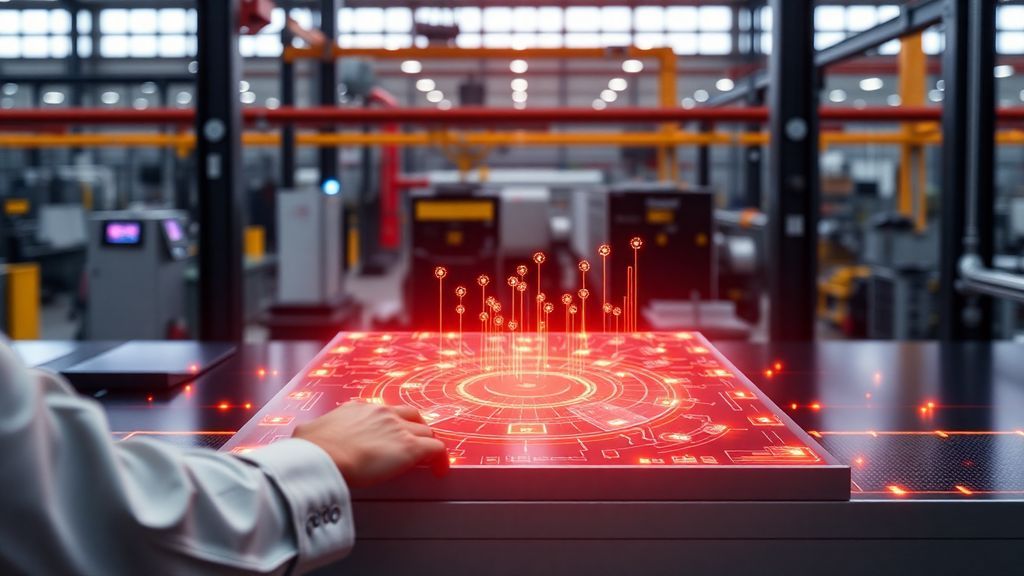
Niotek Successfully Optimized on Intel Architecture
Niotek has successfully optimized its advanced Industrial IoT platform, HORUS, on Intel Architecture. HORUS, powered by AI, enhances manufacturing processes with features like hybrid architecture support, image classification, and asset failure prediction. Optimization using Intel's OpenVINO and Core Ultra processors delivers faster processing, lower latency, and high throughput. Niotek continues to innovate in IIoT and AI solutions, driving efficiency and reducing costs.
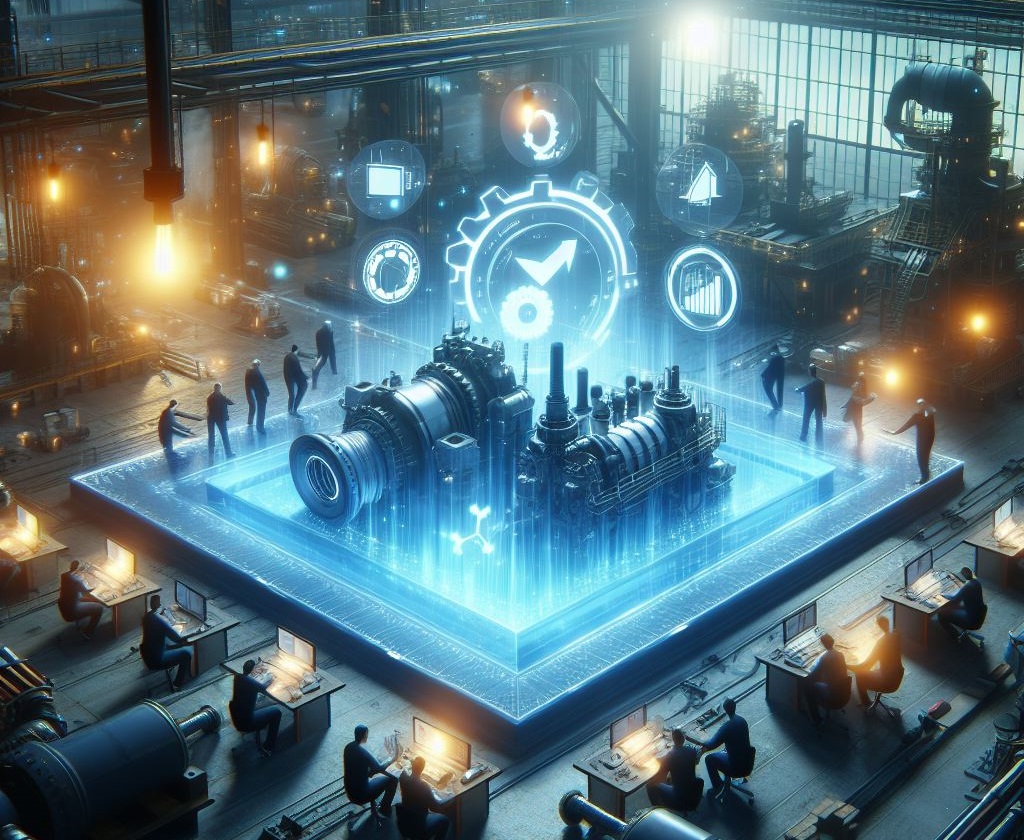
Predictive Maintenance: A Game-Changer for Industrial Efficiency
Learn how advanced technologies like the Industrial Internet of Things (IIoT) and machine learning are reshaping equipment upkeep, reliability, and operational efficiency.

How IIoT is Revolutionizing Manufacturing Processes
Explore how the Industrial Internet of Things (IIoT) is transforming manufacturing processes, ushering in a new era of efficiency, precision, and data-driven decision-making

Unleashing the Power of Connectivity in Industrial Operations
Explore Niotek's Industrial Internet of Things (IIoT) solutions, leading the way in connectivity, data-driven decision-making, and operational efficiency in the era of Industry 4.0.
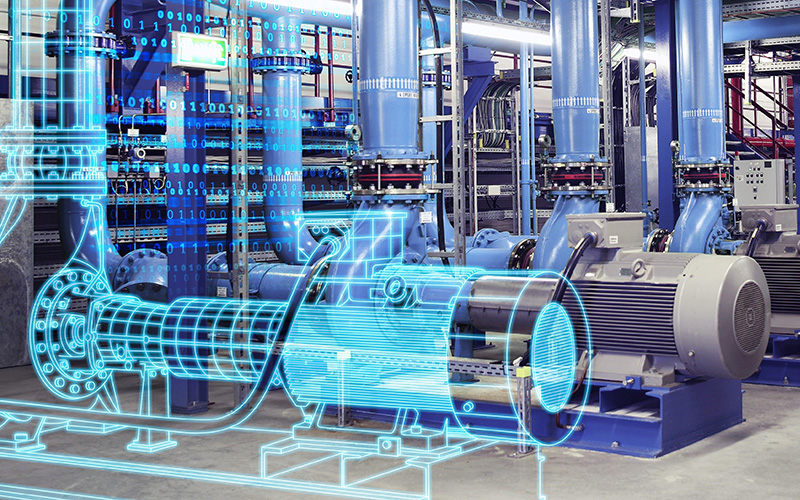
Improving manufacturing process with IIoT
The integration of internet-connected devices and sensors into industrial systems and procedures is known as the Industrial Internet of Things (IIoT). The IIoT has the potential to dramatically increase productivity and efficiency in the industrial sector by delivering real-time data and insights that can be used to streamline procedures and make wise decisions. Applying predictive maintenance is one method for using the IIoT to improve manufacturing processes. Predictive maintenance is a method that gathers information from sensors on machinery and equipment using the IIoT to determine when maintenance is required before a breakdown occurs.

IIoT
The IIoT is part of a larger concept known as the Internet of Things (IoT). The IoT is a network of intelligent computers, devices, and objects that collect and share huge amounts of data. The collected data is sent to a central Cloud-based service where it is aggregated with other data and then shared with end users in a helpful way.
